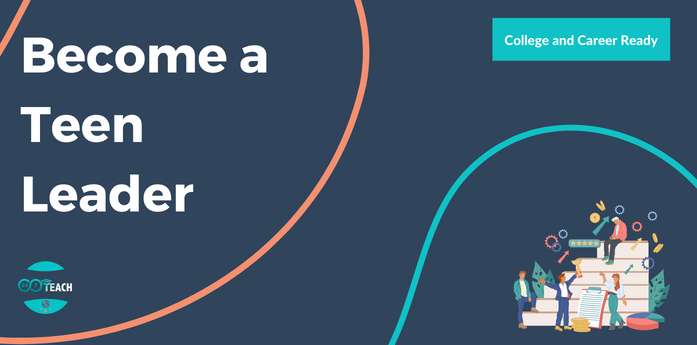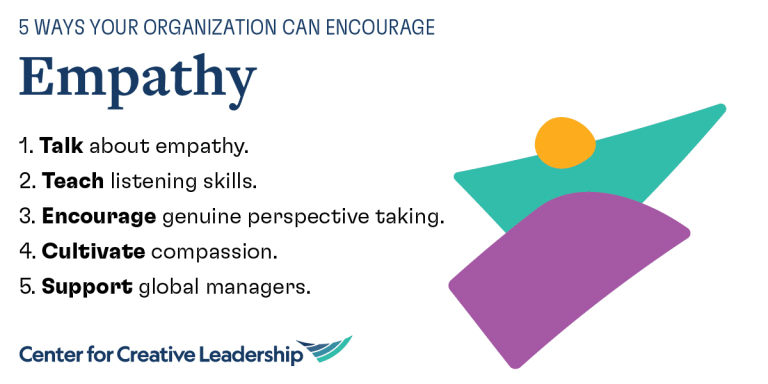How to Think Fast with Framework Thinking Before You Speak?
Some people seem to always know what to say. They respond quickly and confidently, even in high-pressure situations, leaving others wondering how they think so fast. Is it high IQ, or is there something else at play? The good news is, you can train your brain to think fast before you speak, using framework thinking. In this blog post, we’ll explore how framework thinking can help you speak more effectively, organize your thoughts quickly, and maintain control in conversations.
Why Do We Struggle to Think Fast?
One of the biggest reasons people struggle to think quickly in conversations is the lack of mental structure. Without a clear way to organize your thoughts, your brain becomes overwhelmed, leaving you fumbling for words. This problem is especially common when you’re under pressure or dealing with complex topics.
Framework thinking provides a solution to this issue by organizing information into clear, manageable structures, allowing you to access key points quickly. But what exactly is framework thinking?
What is Framework Thinking?
Framework thinking is the process of organizing information into a set of mental models or frameworks that help you understand and navigate complex topics more easily. These frameworks break down complicated ideas into simpler parts, so you can think faster and respond more effectively.
Think of it like this: If you were asked to increase a company’s revenue, without a framework, you might struggle to know where to start. But with a simple revenue framework, you can break down the issue into key factors—units sold and price. From there, you can explore how to increase either one or both.
In essence, frameworks help you organize your thoughts, giving you quick access to the most relevant information when you need it. Instead of searching through a messy mental library for the right response, you can pull out the exact framework you need to address the question or situation.
The Benefits of Framework Thinking
Here are a few key advantages of using frameworks to think quickly before you speak:
- Clarity and Focus: Frameworks help you quickly understand the core of any situation, making it easier to provide focused and relevant responses.
- Confidence: When you know your mental models inside and out, you’ll naturally feel more confident during conversations because you’re not scrambling to find an answer.
- Control of the Conversation: By knowing the key levers or factors involved in a topic, you can steer the conversation in a direction you’re comfortable with, even if the initial question catches you off guard.
Example: The Revenue Framework
Let’s take a real-life example of how you can apply framework thinking to think fast and respond with precision.
If someone asks you how a company can increase its revenue, the framework here is simple: Revenue = Units Sold x Price.
By breaking down revenue into these two elements, you know that increasing revenue requires either selling more units, raising prices, or both. No matter how the question is framed, you can always redirect the conversation back to these core ideas. This framework provides clarity, allowing you to think quickly and confidently without getting lost in unnecessary details.
Example: The Profit Framework
Similarly, if someone asks how they can increase their business’s profit, you can rely on the Profit = Revenue – Costs framework. Here, you can break costs into fixed costs (expenses that stay the same regardless of sales) and marginal costs (expenses that vary with the number of units sold). With this structure in mind, you can discuss strategies for either increasing revenue or reducing costs to boost profit.
Building Your Own Mental Framework Library
Framework thinking isn’t just about memorizing a handful of examples. The real power comes from building a library of mental frameworks that you can apply across different areas of life and work.
The key is to focus on topics that are important to you, whether it’s business, marketing, leadership, or personal development. By developing a series of frameworks around these topics, you’ll always have a mental structure ready to help you think fast in any situation.
Here’s a pro tip: If you can connect multiple frameworks, you’ll provide deeper insights and more nuanced responses in your conversations.
Connecting Frameworks for Deeper Thinking
Let’s say you’re talking about both revenue and profit. You could connect the Revenue Framework with the Profit Framework to offer a more comprehensive response. For example, you could explain how increasing revenue by raising prices might also impact costs (such as higher production costs or customer dissatisfaction). By linking frameworks, you add layers of understanding to the conversation and show a deeper grasp of the topic.
Where to Find Frameworks
While schools don’t typically teach these mental models, there are two main ways to find useful frameworks:
- Create Your Own: You can build frameworks by distilling your knowledge down to its essence. For instance, Apple teaches its employees to use the simplicity of Picasso’s art as a model for thinking. In this process, Picasso reduced complex shapes to their most essential lines. Similarly, you can simplify complex ideas into fundamental elements, making it easier to access them quickly when needed.
- Find Hidden Frameworks in Information: There are already countless frameworks embedded in the information you come across daily. Books, articles, and talks often contain mental models or core ideas that you can organize into a structure. For example, the popular Japanese concept of Ikigai (finding purpose in life) is a framework that consists of four elements: what you love, what you’re good at, what you can be paid for, and what the world needs.
Example: Ikigai
Let’s say you’re discussing how to find a career that aligns with your passions. The Ikigai framework gives you four clear points to focus on. When someone asks you how they can find more meaning in their work, you can quickly refer to the four elements of Ikigai to structure your response: 1) What do you love? 2) What are you good at? 3) What can you be paid for? 4) What does the world need?
By using frameworks like this, you can respond quickly and helpfully, even on complex or emotional topics.
Conclusion: Train Your Brain to Think Fast with Frameworks
Framework thinking is an incredibly powerful tool that can help you think fast before you speak, stay calm under pressure, and communicate more effectively. By organizing your knowledge into simple, clear mental models, you’ll be able to navigate conversations with confidence and control. Whether you’re dealing with business, personal life, or any other topic, developing a library of frameworks will help you think quickly, speak clearly, and make better decisions in real time.
Start building your framework library today and watch how it transforms your ability to think and communicate in any situation!




